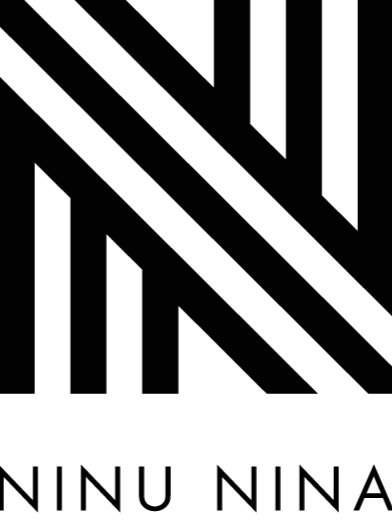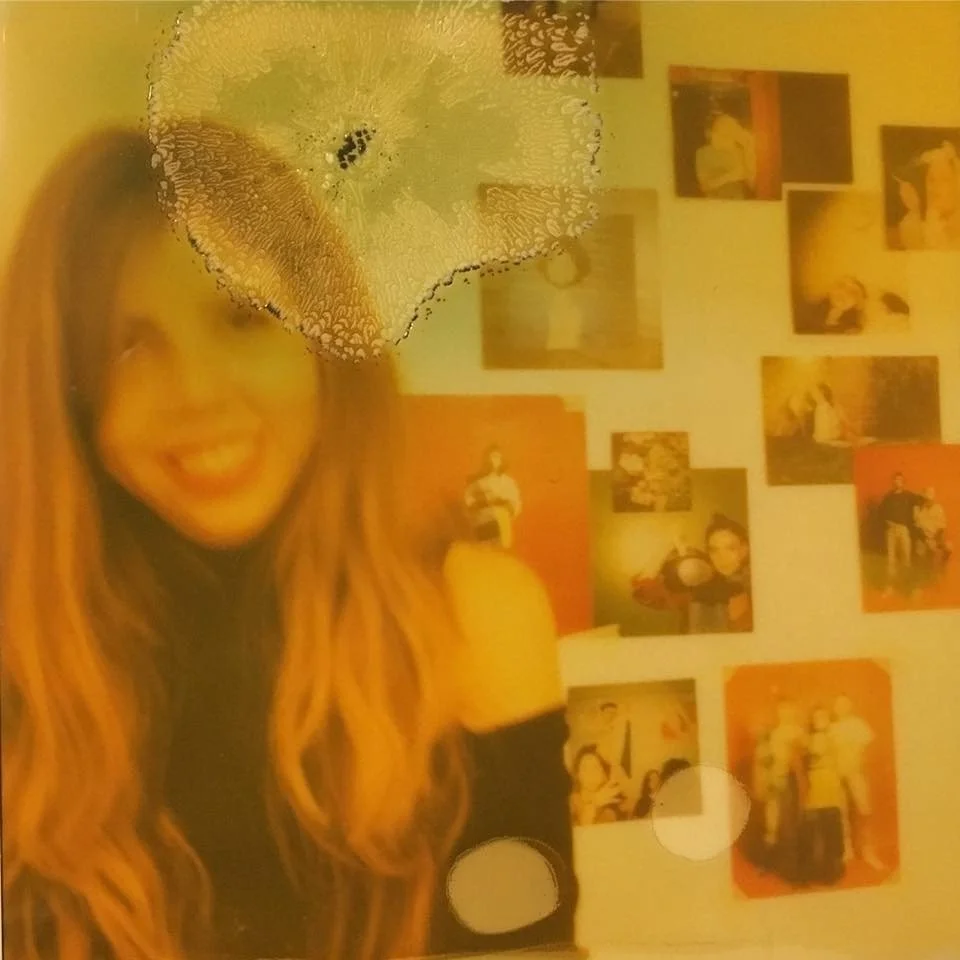PHOTOGRAPHER MARISOL MENDEZ
Marisol Mendez (1991) is a Bolivian photographer that uses the camera to study the tension between truth and fiction, the tight relationship between what a photograph creates and the (sur)real it comes from. Through her photographs she seeks to deconstruct hegemonic narratives and confront them with the friction of the heterogeneous.
I’ve been very lucky to see my work exhibited as part of incredible festivals like Format in the UK, Getxophoto in Spain and Athens Photo Festival in Greece. My project MADRE has been extensively featured including in Paper Journal, Balam, GUP and as the cover of The British Journal of Photography. In 2021 I was awarded the PHmuseum Photography Grant New Generation Prize and this year I was one of the artists to watch selected by Open Doors Gallery. Currently, I’m looking to publish my first photobook, MADRE which expands and deepens my research on how race and religion influence the representation of Bolivian women.
Marisol please tell us about your greatest inspirations.
My greatest inspiration are the women in my family. My mom and sisters help me soar and, at the same time, keep me grounded so that I can focus my energy on the things that really matter. They are my support system and the reason why I’m not afraid to chase new horizons.
In terms of art, I’m drawn to camp, absurdism and the paradoxical nature of being human. Most of my influences belong to cinema and literature. I like the exuberance of Zadie Smith and the playfulness of Agnes Varda. I like how Michael Haneke frames existence and how Julio Cortazar weaves the impossible into reality. I recently got into the filmmaker Fassbinder and my latest obsession is Derrida and deconstruction.
How are the current trends in technology and innovation affecting your work as a creative?
MADRE was about challenging and deconstructing traditional modes of representation. In that case, technology and innovation were not part of the approach. As a photographer I don’t believe in image hierarchies. In my practice, I tend to combines lo-fi procedures with sophisticated photographic techniques to explore the dynamics between immediacy and intimacy, memory and identity. Therefore, I’m interested in how new technologies, especially AI, will play a role in art and how the creative process may become hybrid to include its intervention.
A friend recently got access to MidJourney and it was so amusing to conduct experiments and hypothesize about how these tools will change the artistic panorama. Although at this stage everything seems like fun and games, as with Deepfake technology, the possibilities make me tingle with fear and excitement.
Tell us about your creative process.
Although my creative process varies with each project, when it’s personal, the starting point relates to intuition and openness. I have to feel strongly about the subject matter I’m approaching or intimately connected to the idea I’m concocting. In my work, emotion precedes intellect.
Once I’m set on an idea, I start building a structure to support it. This has to be strong but not rigid to allow the ebb and flow of creation. The structure determines the narration and is sustained by research and design. This is the moment when the initial spark of intuition takes form, when the idea becomes a story.
After that, it’s all about putting your notions to the test. Things won’t always go according to plan and, more often than not, you have to adapt, re-route, and summon creativity to overcome problems and shortcomings. The key for me is to embrace uncertainty or, as the saying goes, ‘expect the best but prepare for the worst’.
How did the pandemic affect your work as a creative?
The pandemic caught me at an emotional low point. Even before quarantine, I had been struggling to feel connected to the images I was producing or motivated to continue making them. So, although, initially, I was devastated to have to slow down my work, this ended being very beneficial for my career and mental health.
The forced hiatus, allowed me to reconsider my practice and redirect my efforts to strengthening my vision. In this age of overproduction and mindless scrolling, it was instrumental to review my photographs, old and new, to rediscover, recycle, rearrange and repurpose them. Reviewing my production and analyzing my process allowed me to regain confidence in my voice.
What does wellbeing mean to you?
Wellbeing is about finding the balance to keep your mind and body healthy and stimulated.
Through MADRE I learned that a personal project gives you space for experimentation and time for introspection. It allows you to investigate something that interests you under your own terms. So, be bold. It’s an opportunity to make up your own rules, to experiment with language, and build universes. It’s also a moment to reflect upon your own practice, to ask yourself questions about what you’re trying to say, how you’re saying it, and why.
Credits- All photos Maria del Sol Cabrera Assistant
Portrait of artist Fan Coco. Courtesy of artist.











